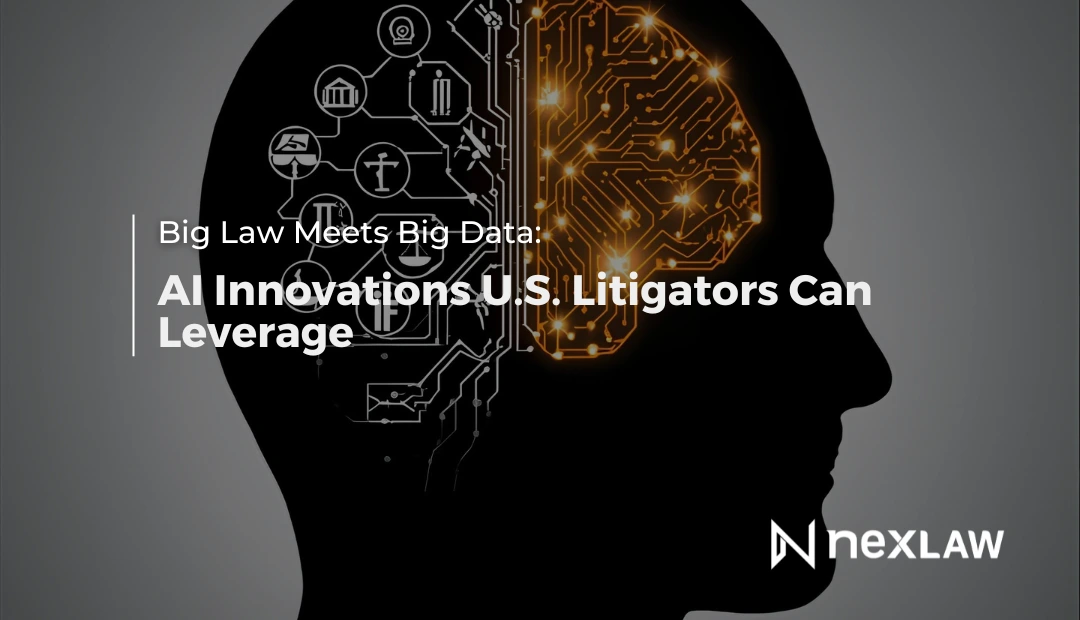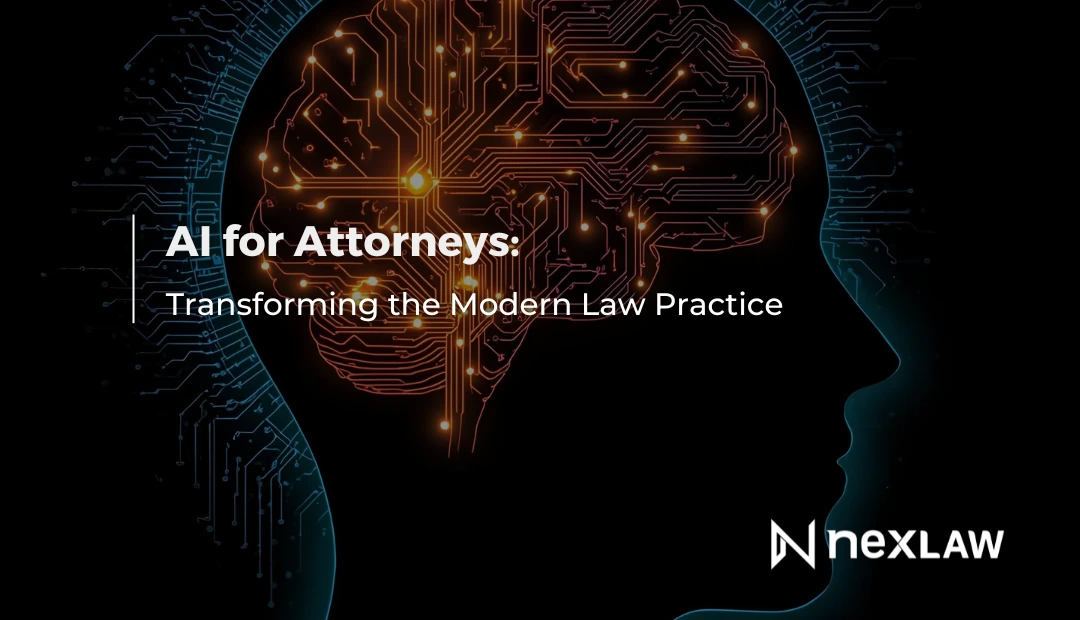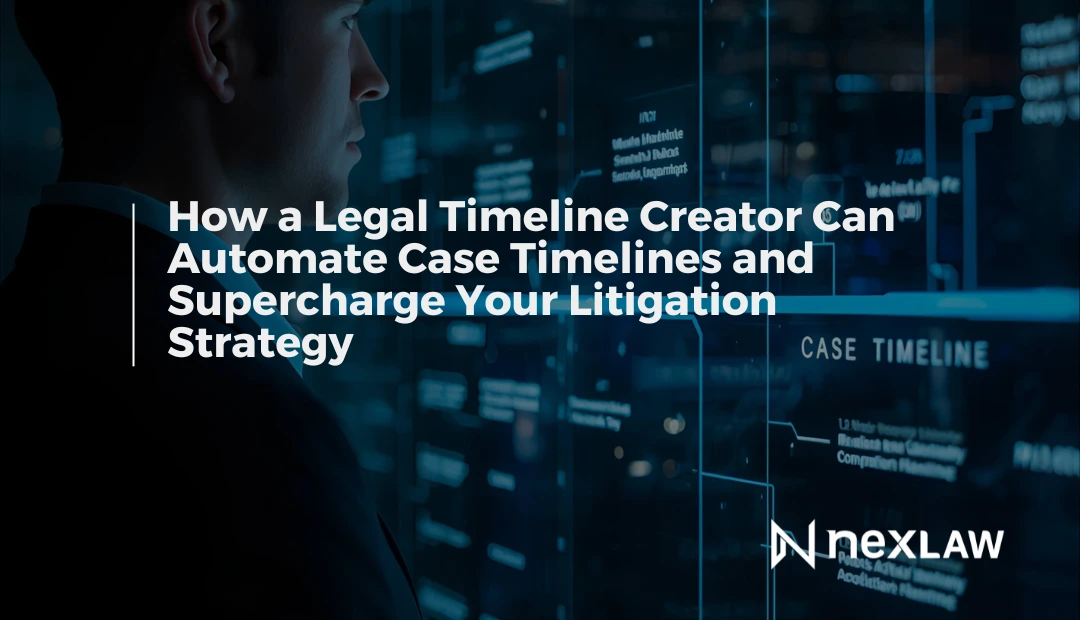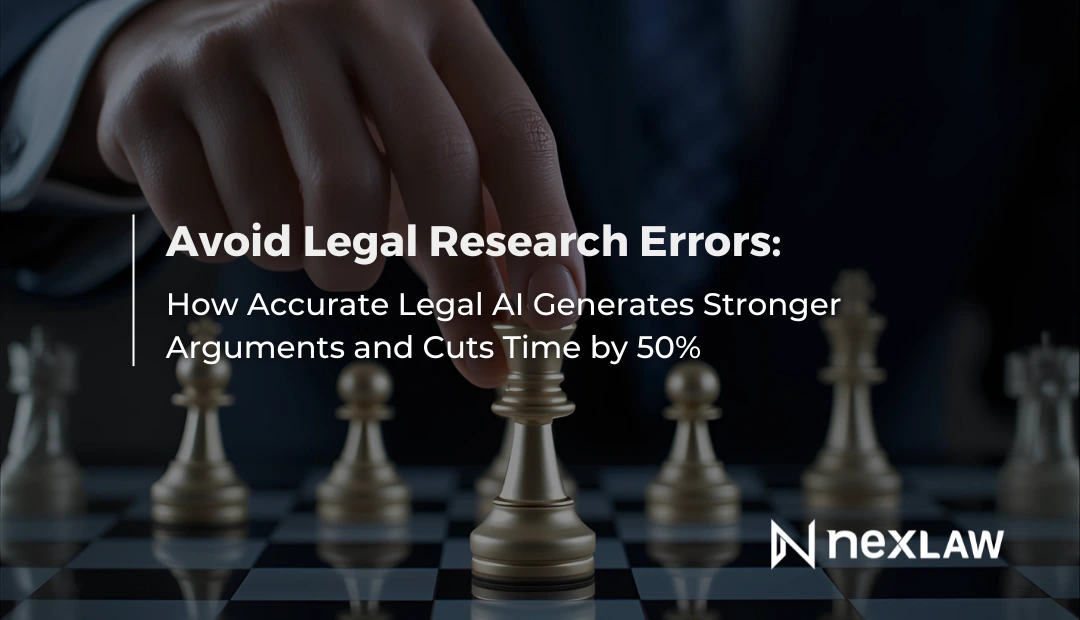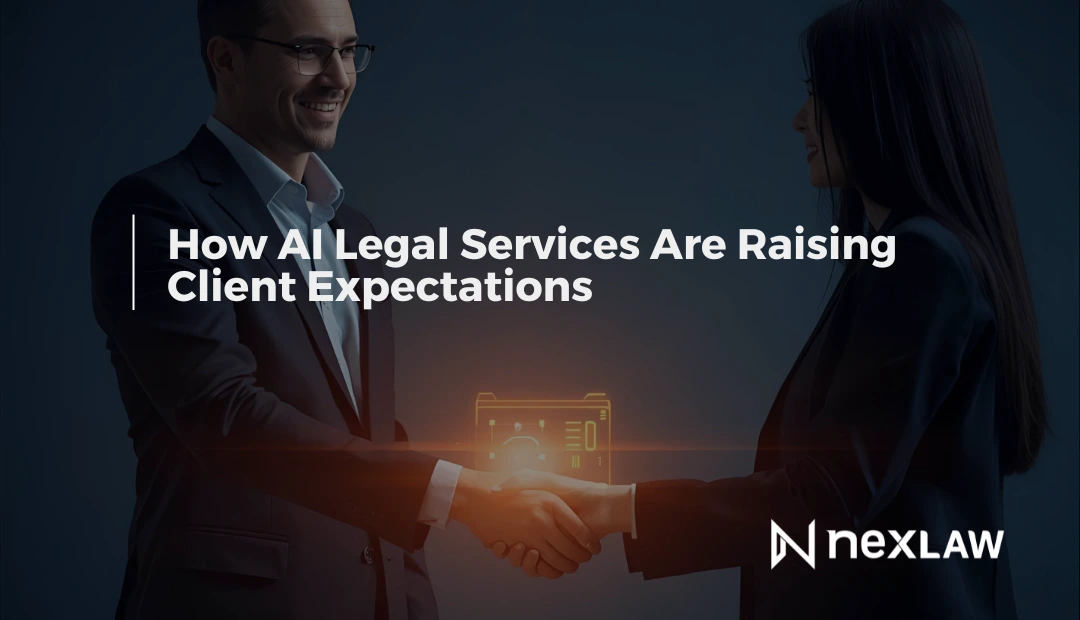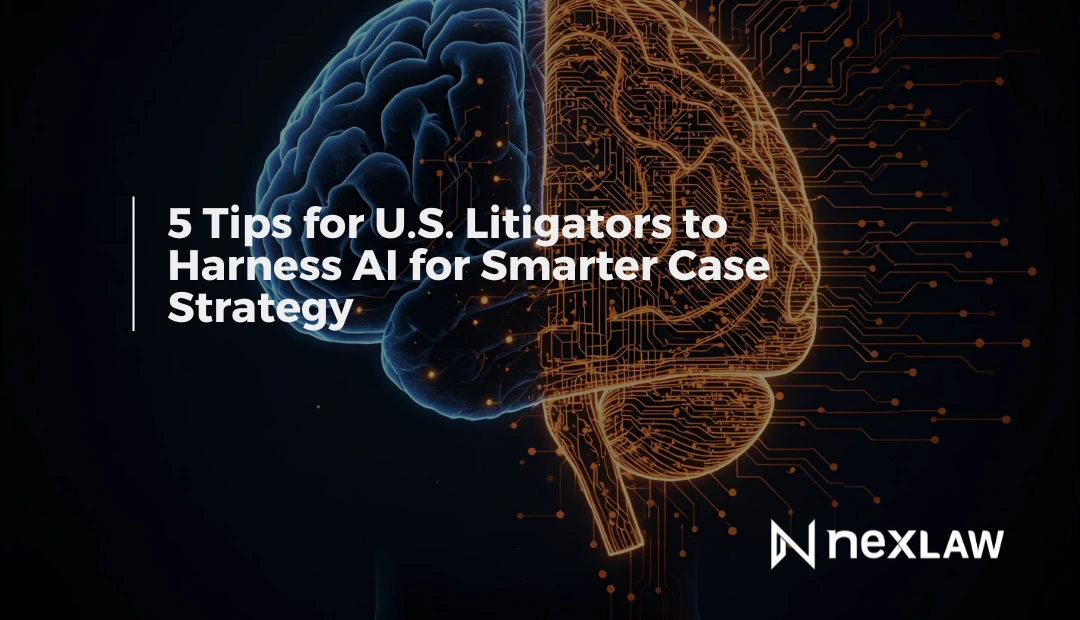Big Law Meets Big Data: AI Innovations U.S. Litigators Can Leverage
The U.S. legal industry is experiencing a profound transformation. Artificial Intelligence (AI) and big data are no longer futuristic concepts, they are actively reshaping litigation strategy, workflows, and client service. Law firms are leveraging technology to streamline document review, conduct legal research, and gain predictive insights, improving efficiency, accuracy, and compliance.
Unlock Legal Insights Instantly!
AI Adoption in U.S. Litigation
While comprehensive national statistics on AI adoption are still emerging, multiple surveys of legal technology adoption indicate that medium-to-large U.S. law firms increasingly integrate AI tools for document review, legal research, and predictive analysis. These tools assist attorneys in:
- Rapid identification of relevant case law and precedents
- Streamlined eDiscovery and document drafting
- Data-driven strategy development
- Risk assessment and compliance monitoring
By automating repetitive tasks, AI allows attorneys to focus on high-value legal work such as strategy, client counseling, and courtroom preparation.
Transforming Legal Research and Document Review
Traditional legal research requires attorneys to manually sift through volumes of case law, statutes, and filings a process that can take hours or days. AI-powered research platforms accelerate this workflow by:
- Scanning large document sets quickly: Machine learning algorithms can process thousands of documents to identify relevant information.
- Reducing human error: AI highlights inconsistencies or potentially overlooked precedents.
- Supporting predictive insights: Trends in rulings or prior case outcomes can inform motions, discovery strategies, or settlement considerations.
Document review, including pleadings, motions, and contracts, also benefits from AI assistance. Automated drafting tools maintain consistent formatting, check for compliance with jurisdictional standards, and flag potential issues. When combined with human oversight, these tools maintain accuracy while enhancing efficiency.
Predictive Analytics for Strategic Advantage
One of AI’s most valuable applications is predictive analytics. By analyzing historical case outcomes and legal trends, predictive models can support attorneys in:
- Anticipating likely outcomes based on similar cases
- Identifying key documents or arguments that could influence a judge or jury
- Assessing risks and resource allocation efficiently
While predictive analytics cannot replace professional judgment, it provides data-driven insights that enhance strategic planning and decision-making.
Ethical and Compliant AI Use
AI adoption in litigation requires strict adherence to ethical standards. The American Bar Association (ABA) and state bar guidelines emphasize that attorneys must maintain independent judgment and oversight over AI-assisted outputs. Key considerations include:
- Human Oversight: Attorneys should review all AI-generated documents and analyses.
- Bias Mitigation: AI systems should be trained and monitored to prevent unintentional bias in recommendations or findings.
- Audit Trails: Documentation of AI actions ensures transparency, supporting regulatory compliance and client trust.
- Data Security: Confidential client information must remain secure throughout AI processing.
Platforms like NexLaw incorporate these safeguards by providing audit-enabled, bias-aware workflows that integrate human review, ensuring AI enhances efficiency without compromising ethical or legal obligations.
AI in Practice: Workflow Integration
To implement AI effectively in litigation workflows, U.S. law firms should consider these steps:
- Identify Repetitive Tasks: Determine which drafting, research, or review processes can benefit most from AI automation.
- Select a Compliance-Focused Platform: Choose AI tools that provide human-in-the-loop oversight, bias mitigation, and full audit trails.
- Educate Legal Teams: Train attorneys, paralegal, and support staff on AI capabilities, limitations, and review procedures.
- Monitor Outputs: Regularly review AI-generated content for accuracy, compliance, and relevance to each case.
- Document Processes: Maintain clear records of AI-assisted workflows to demonstrate adherence to ethical and regulatory standards.
This structured approach ensures that AI enhances productivity while maintaining professional responsibility.
Benefits for U.S. Law Firms
Adopting AI responsibly provides tangible advantages:
- Efficiency Gains: Automated research and drafting reduce time spent on repetitive tasks, allowing attorneys to focus on strategy.
- Accuracy Improvement: AI helps minimize errors in legal documents and analysis, supported by human oversight.
- Enhanced Client Communication: Faster workflows and predictive insights improve responsiveness and transparency.
- Regulatory Readiness: Audit trails and compliance-focused AI ensure preparedness for regulatory or court scrutiny.
- Access for Pro-Se Litigants: Guided AI workflows help self-represented individuals complete accurate filings safely.
By integrating AI thoughtfully, law firms can gain a competitive edge while ensuring ethical, accurate, and compliant practice.
NexLaw | Your AI Legal Assistant
NexLaw differentiates itself by combining:
- Litigation-Focused Drafting: Court-ready motions, briefs, and discovery documents.
- Real-Time Oversight: AI outputs are monitored for compliance and accuracy.
- Bias Mitigation: Continuous evaluation reduces the risk of systemic bias.
- Audit Trails: Every AI action is logged for accountability and regulatory documentation.
- Pro-Se Accessibility: Guided workflows support self-represented litigants safely.
This holistic design ensures law firms can adopt AI confidently while safeguarding ethics, client trust, and operational efficiency.
Conclusion
AI and big data are transforming U.S. litigation by streamlining research, drafting, and strategy, while providing predictive insights and compliance support. To leverage these benefits responsibly:
- Implement AI with human oversight
- Ensure ethical and compliant workflows
- Monitor outputs and maintain thorough documentation
- Choose platforms like NexLaw designed for litigation efficiency and risk mitigation
Law firms that integrate AI thoughtfully gain measurable efficiency, accuracy, and strategic advantages. NexLaw positions U.S. litigators to embrace AI responsibly, enhancing productivity, client satisfaction, and professional standards in a rapidly evolving legal landscape.
Lawyers who embrace AI today are shaping the legal profession of tomorrow. Whether you’re part of a litigation team, a solo attorney, or a paralegal eager to expand your role, NexLaw makes it possible.
NexLaw is designed to help paralegals and attorneys—solo or from small and mid-size—prepare cases more efficiently, with greater accuracy and strategic insight.
Book a Guided Demo — See how NexLaw fits seamlessly into your practice and transforms your workflows.
Start a Free 3-Day Trial — Explore NexLaw risk-free and experience firsthand how AI can enhance efficiency, accuracy, and client satisfaction.
*t&c applied | visit our website for more details
With NexLaw, the future of litigation is here - AI-powered, accurate, and accessible.
